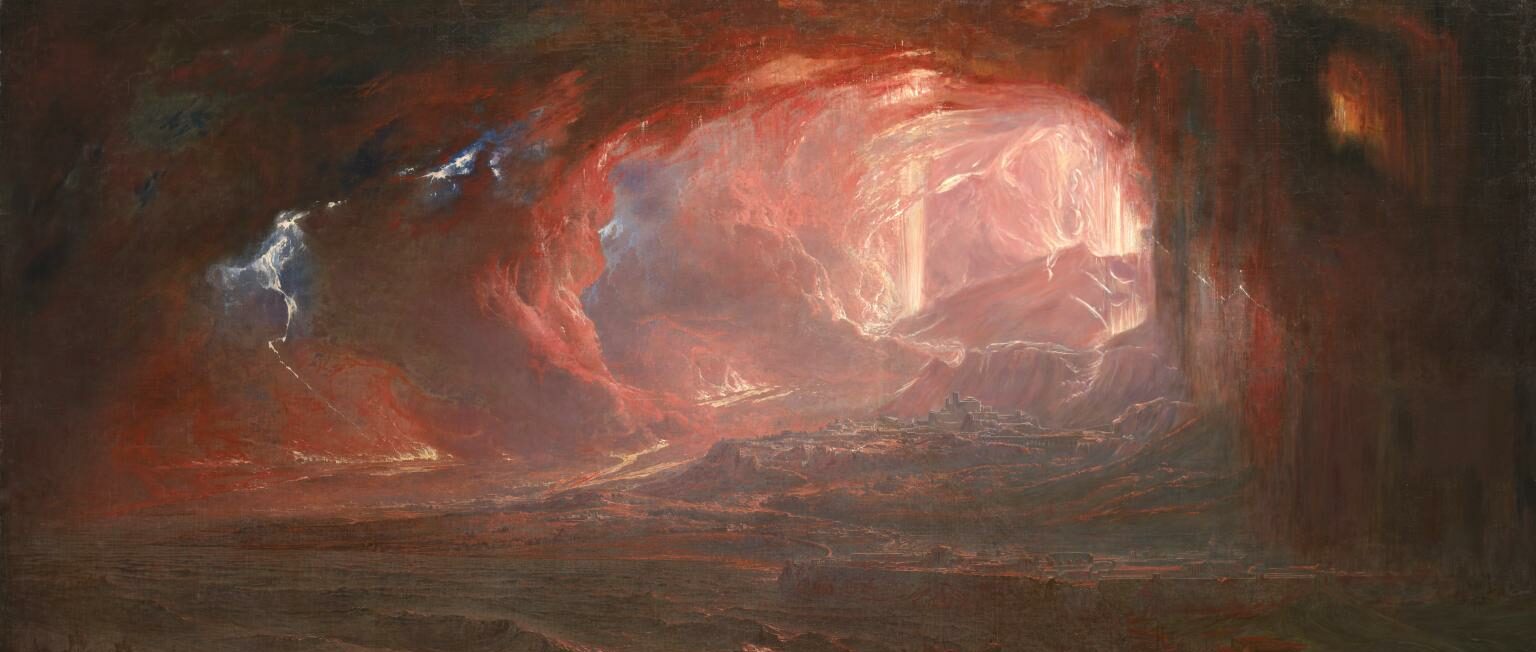“God is so mighty that after creating man free, He rules and directs him according to His good pleasure, without prejudicing man’s liberty in any way.”—Divine Intimacy, Day #240 on “Divine Omnipotence.”
I recently came across the above quote again in Divine Intimacy (DI) but I had never noticed that it may be one of the best short explanations of man’s freedom and the world’s suffering in light of God’s sovereignty. All of world history and modern man’s doubts about God seem to be answered in that stunning quote. Here’s why I think that quote from Fr. Gabriel of DI is so profound:
The issue of theodicy is the question of Divine Providence in light of all the evil of the world. CS Lewis called this topic “The Problem of Pain.” It basically goes like this: “If there are innocent people suffering in the world, then God is either not omnipotent (or He would stop it) or He is not good (as He could stop evil in His infinite power, but He won’t.)”
Keep in mind this is probably the least-weak of all modern arguments against belief in God, so I’m not dismissing it as coming always from malicious people.
The classic Catholic answer (which I still think is extremely good) is that God would not allow any evil from which He could not bring a greater good. This, of course, explains Good Friday and Easter Sunday. God would only allow the crucifixion of His Son at the hands of wicked men (like me, via my sins) unless He could also bring greater good out of the killing of innocent Jesus (namely, my forgiveness and the Resurrection of Jesus Christ.)
But now, let’s look at the quote from Fr. Gabriel again, because it goes deeper: “God is so mighty that after creating man free, He rules and directs him according to His good pleasure, without prejudicing man’s liberty in any way.” What I love about that quote is that it includes man’s freedom in every turn of human history as still existing under God’s Sovereignty. God doesn’t just transform evil, but He uses every aspect of history for His goals.
Unlike Muslims and Calvinists, we Catholics believe evils falls only under God’s permissive will, not His positive will and we not doubt God created man with free-will. Absent these heresies, we can move forward into that quote to see how the cross of Jesus Christ is the crossroads of Divine Providence and man’s freedom: God does not remove unrepentant-man’s freedom to sin and yet He still brings repentant-man to salvation.
God does this through history without twisting anyone’s arm, which is why free-will to harm others can exist in light of God’s infinite goodness. The crucifixion of Christ allows those who wreak havoc on earth without repentance to bring the repentant closer to God. St. Augustine says that God only allows the evil to torture the good for one of two reasons: Either 1) To bring the evil to repentance or 2) To exercise the good.
By “exercise,” St. Augustine meant that Christian martyrs increase their glory in heaven when tortured by pagans. There are currently many martyrs in the East, as I always give stats for. But for us in the West today, perhaps this means Christians will get a higher level of glory in heaven as their lives are made difficult by the globalists.
Without believing in silly Presbyterian heresies like “unconditional-election” or “limited-atonement” or “irresistible grace,” we as Catholics can still admit that God remains totally sovereign through all of human history not despite but because of evil, especially when seen in the light of the crucifixion and resurrection of Jesus Christ. Yes, “God is so mighty that after creating man free, He rules and directs him according to His good pleasure, without prejudicing man’s liberty in any way.” This must be the only reason God doesn’t end this planet with all the evil we see on it. His Goodness is still greater.
